Amplifier FAQs
If you can't find your question here, just use the Contact Us page and get in touch.
+ Will loud music damage my hearing?
Yes. Prolonged loud noises will damage your hearing. Always use earplugs when playing live with drummers. Hearing is the key sense for playing and reacting to music. Take care of your ears and use plugs!
+ What’s the difference between a ‘solid-state’ and a ‘tube’ amp?
It is how they amplify the sound. Solid-state uses a combination of transistors to amplify the sound. A tube (or valve) amp uses vacuum tubes to amplify the sound (these tubes look like small light bulbs), when these tubes are driven, they provide a nice natural distortion, when a solid-state amp is driven, it distorts but you get more of a thin ‘clippy’ sound, rather than the warm distortion from tubes. Tube amps are a lot more fragile though and even turning off the amp too quickly could break the tubes.
+ What is ‘gain’?
Boosting the gain gives you more distortion. If you were playing rock music, the gain would be high, if you were playing a soft song that needed a clean guitar tone, your gain would be very low.
+ Should I get an amp with built-in effects?
Some amps come loaded with effects for your guitar such as chorus, flange, delay, etc. They can be good fun for a practice amp because you can experiment with the different effects and you will learn what these different effects sound like.
+ What wattage amplifier should I get?
For a practice guitar amp, 10 watts solid-state is plenty. For an amp that you can gig with in a band, 30-50 watts would be enough.
For bass amps, you need more watts because bass frequencies need more power to be amplified. For a practice amp, 15-30 watts would be fine, for a gig or a band situation 400+ watts is needed.
+ What is a ‘combo’ amp and what is a ‘stack’ amp?
A stack amp is a separate amp and speaker. A combo amp is an amp and speaker built in. Stack amps have more versatility because you can change and add speakers as you need, but you are always carrying at least two bits of equipment rather than one. Combo amps are more convenient because they're an ‘all in one’ and you know the speaker is perfectly matched to the amp.
+ What are 'ohms' and how do they affect my amp?
This applies to stack amps and simply ensures that you use the correct speakers for your amp so nothing will get overloaded and break. Regarding ohms, there are three rules to follow:
Use a speaker cabinet that is the same or higher than that of your amp head e.g. If your amp head is 4 ohms, use a 4 ohm, an 8 ohm, or 16 ohm speaker cabinet - don't use a 2 ohm cabinet.
If you want to use two or more speaker cabinets, the impedance of the cabinets needs to be double the ohms of your amp head e.g. If your amp is 4 ohms, two 8 ohm cabs / four 16 ohm cabs / eight 32 ohm cabs etc.
Your speaker cabinets should match - don't use one 4 ohm and one 8 ohm cabinet.
